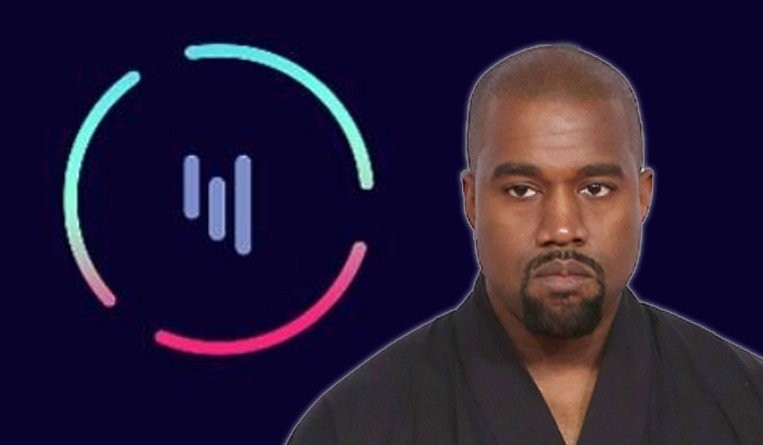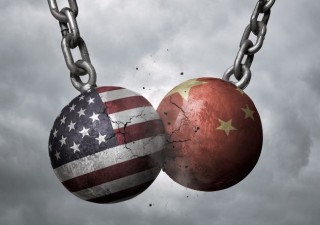Kanye West’s brazen act of trade secret theft, or is it?
30 September 2020

International celebrity Kanye West is being sued by video and e-commerce technology company MyChannel Inc. (MYC) for breaching their non-disclosure agreement (NDA).
West tapped the firm in 2018 to create a video technology to help increase sales for his Yeezy apparel e-commerce site. MYC and West agreed to share the profits raked in by the e-commerce platform.
Apart from the payment for the rendered service, West committed to pour US$10 million worth of investments into MYC. He also promised the formation of a partnership with the company that will yield additional millions.
MYC is now saying the entertainment celebrity and entrepreneur has violated their NDA and reneged on his promises. He cut all ties with MYC by late 2018, failed to make the promised investment and reimburse the $7 million that MYC spent out of its own pocket for the project. West also did not use the unique video technology MYC built for Yeezy. He did not compensate them either for the service.

Instead, West has been using a video platform very similar to MYC’s to promote his branded merchandise in his “Sunday Service” e-commerce site.
For Christopher P. Stief, regional managing partner for Philadelphia and Pittsburgh at Fisher Phillips, the Kanye West case presents a rather unusual scenario.
Alleged trade secret theft being committed by celebrities out in the open is not very common, he said.
So what pushes an individual to openly commit trade secret theft?
According to Stief, a few explanations could answer this.
First, “the person accused of misappropriation may have really believed that the material was his or hers to take or use. Essentially, there was no effort to be sneaky because they really believed, reasonably or not, that what they were doing was okay.”
Or, there could be more to the story. “Sometimes an accusation is false or includes only half the story, and in that situation, it can appear very brazen until you learn more,” explained Stief. “At this stage, of course, it is nearly impossible for an outside observer to know what’s true, what’s false and what may be a gray area or topic for good faith dispute and debate.”
The bold demeanor may also be intentional. “Occasionally, seemingly brazen conduct is actually intentionally brazen,” said Stief. “The accused misappropriator may know there is a dispute as to who has a right to use something and may actually welcome the other party bringing litigation that will clarify ownership. In a situation like that, the seemingly brazen use is in effect an effort to bring things to a head. By acting like he or she owns it, an alleged misappropriator can force the other side to either take action or essentially by inaction acquiesce to the other person’s use of the disputed material.”
In any case, Stief said the American celebrity’s case simply demonstrates the importance of having good agreements in place and up front.
“Sometimes in the excitement of talking with a third party about possibly collaborating on a project, it can be hard to stop and insist on signing a contract that clearly defines everyone’s rights, sets forth confidentiality and non-use/non-disclosure terms, and ideally stipulates what happens if either side violates that agreement,” he said.
Stief added that similar disputes arise from talks about a possible merger or joint venture. After talks fail, a member of one party may be accused of misusing information gained from the other party during the negotiations. One party may also be recruiting somebody from the other side, allegedly using inside information gained during the negotiations.
Espie Angelica A. de Leon






